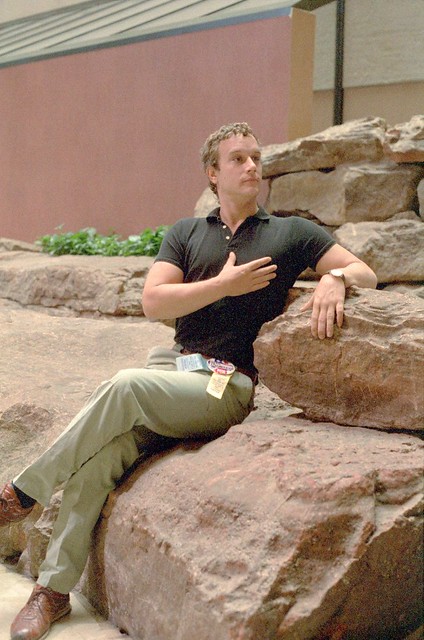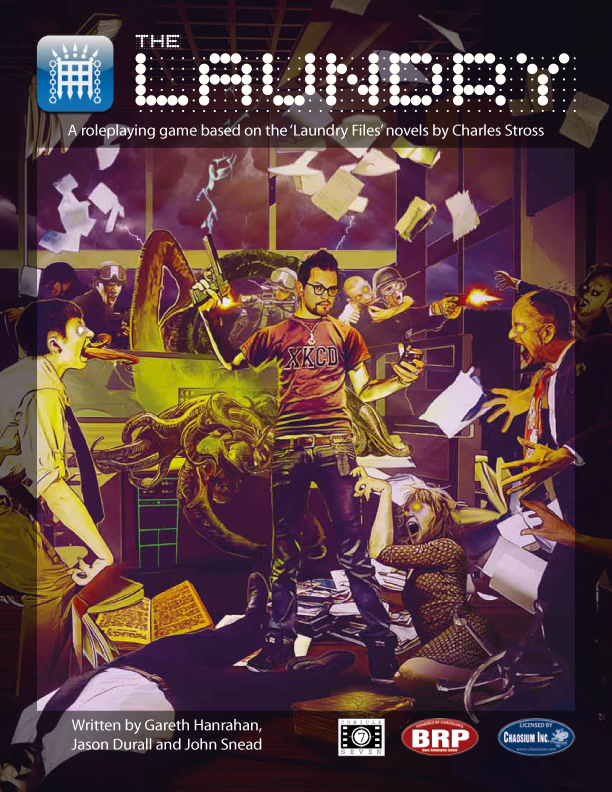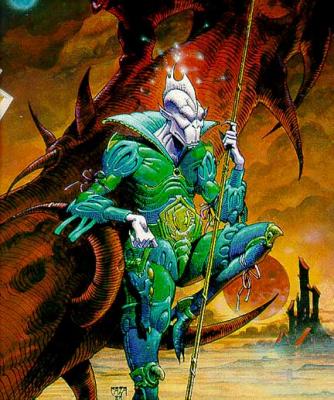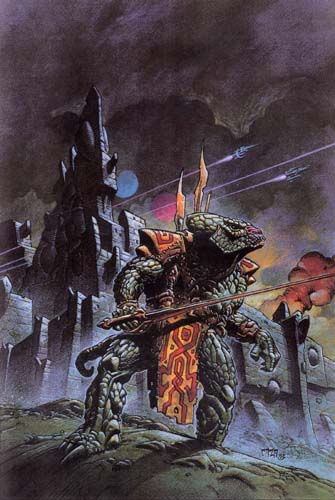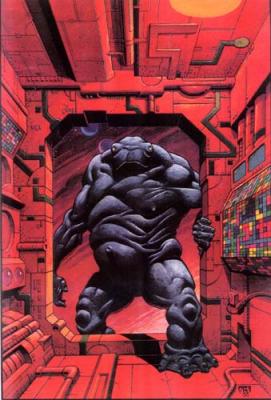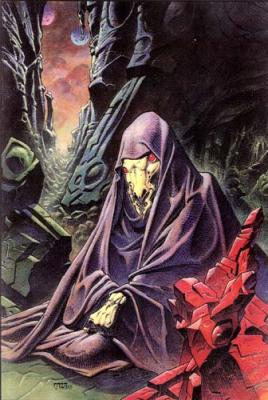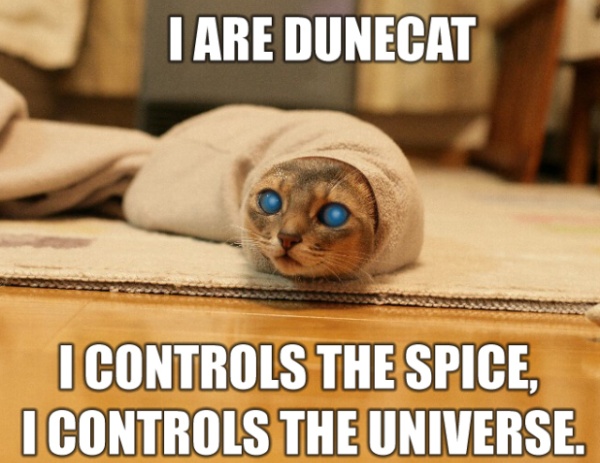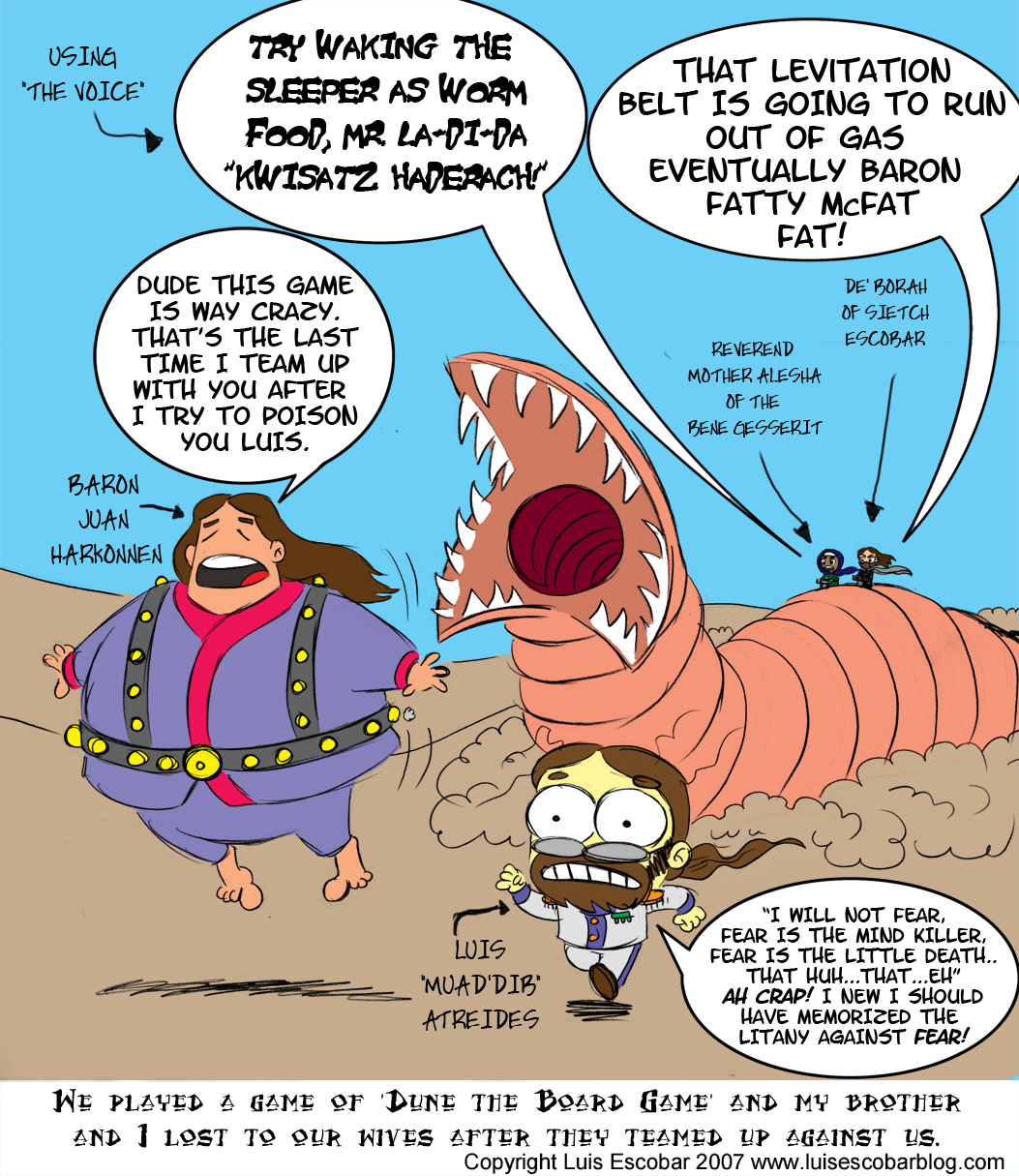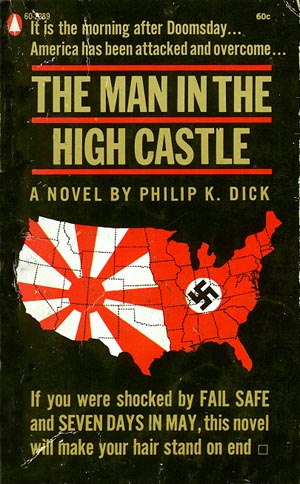Steakley wrote this cult classic war novel as a tribute to Heinlein, who didn't write fight scenes specially well despite his, on the other hand, undeniable mastery in all othe aspects of novel writting.
I really like how R., from Line of Eld, describes this book and its hero: "A seemingly unkillable protagonist develops a split-personality disorder in order to survive being thrown repeatedly back into combat."
This is what Wikipedia has to say about the plot:
Armor is the story of humanity's war against an alien race whose foot soldiers are three-meter-tall insects ('ants') and it is also the story of a research colony on the fringes of human territory which is threatened by pirates. The two sub-plots intersect at the end.
The Plot on Banshee
The protagonist is Felix, an anonymous enlistee who's been given "scout" duty on an alien planet in the seemingly endless "Antwar." Little is known of him initially but that he suffers from burnout and refuses to die, even when it seems inevitable. He is part of the armored infantry arm of the Fleet, deployed to fight a war of extermination on an alien planet.The Plot on Sanction
Most of the action of the final 2/3 of the book takes place on Sanction, a planet far removed from the fighting, at a Fleet research facility.The deuteragonist is Jack Crow, a notorious celebrity and one-time pirate. A morally questionable character and a tough man who does not hesitate to kill.
We meet Jack in prison on an alien world just prior to his breaking out. He will infiltrate and sabotage the Fleet research project on Sanction.
On Sanction, Jack takes an old suit of battle armor to project Director Hollis "Holly" Ware, to ingratiate himself and get the necessary access to fulfill his bargain with Borglyn. But Jack is then asked by Holly to participate in an experiment to retrieve the data from the suit's battle recorder, which is the "memory" of the wearer while the suit was active.
This Amazon's customer review by OK "oneofme" is in my opinion very inspired:
"Armor is a subtly compassionate novel that explores human suffering like no other piece of fiction i know. it's english is not perfect. but the style is perfect for the story. the battle scence are graphic. the characters are rough. but once again they are true to the story. "
20th century american prose at its best, Armor is really a great book. Five stars, if you ask me.
As far as John Steakley is concerned, unfortunately he was not a prolific writer. He published two major novels, Armor (1984)[3] and Vampire$ (1990) and four short science fiction and fantasy stories. He was born in July 26, 1951, in Cleburne, Texas and died November 27, 2010, in McKinney, Texas

